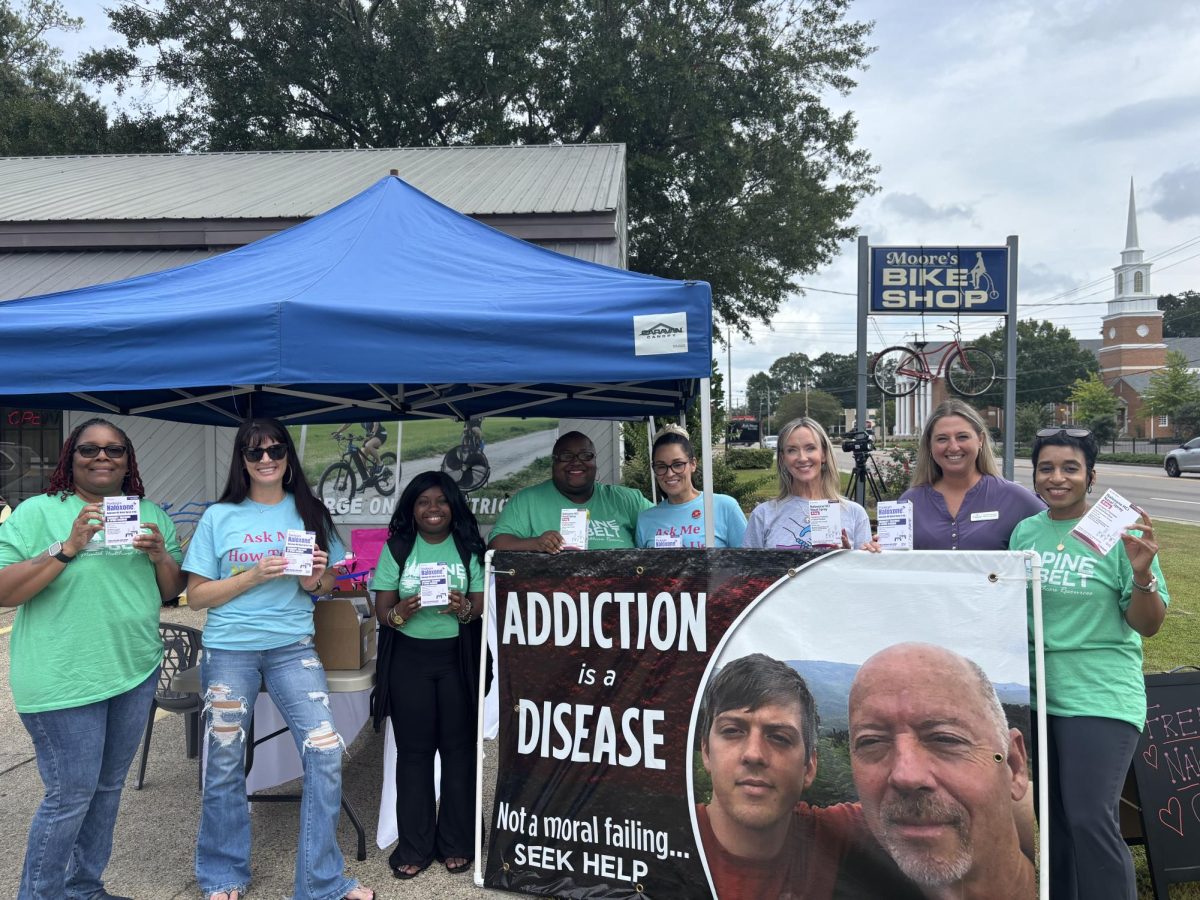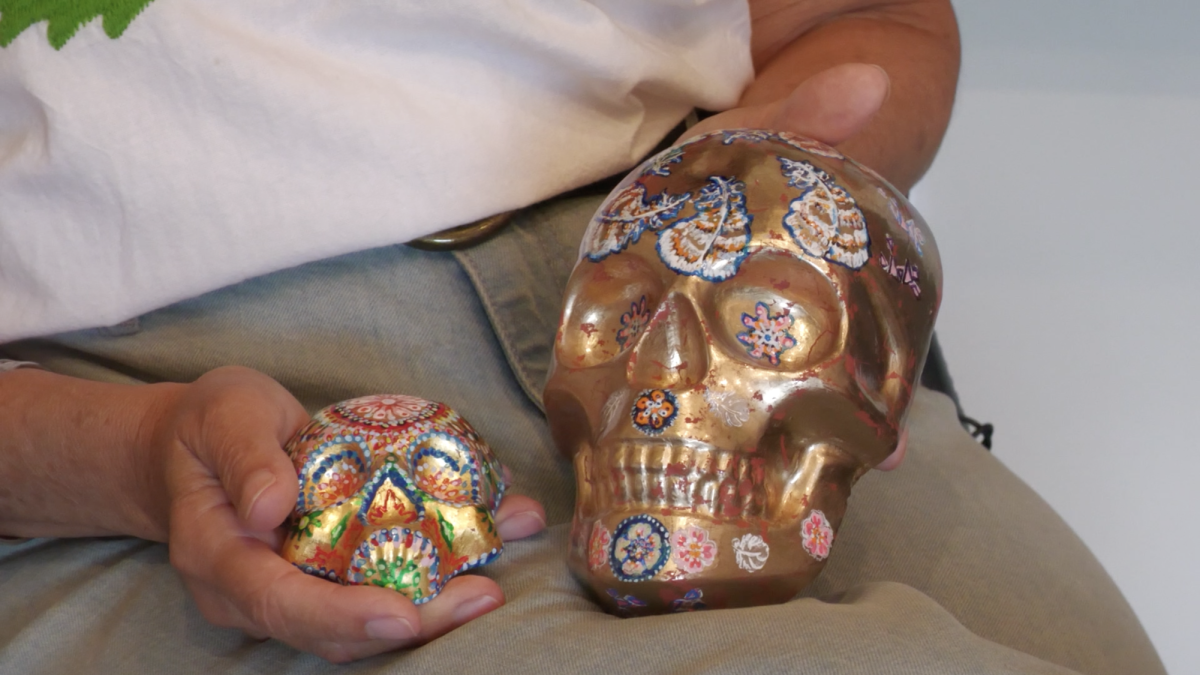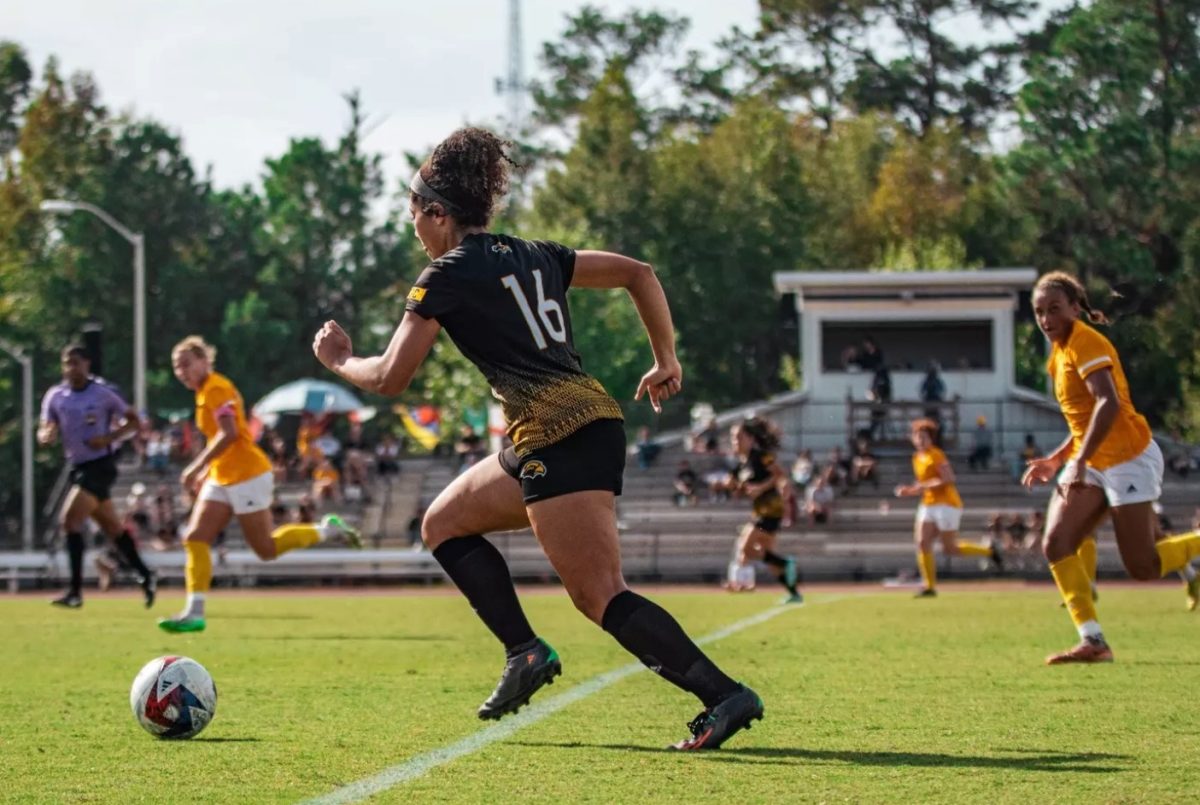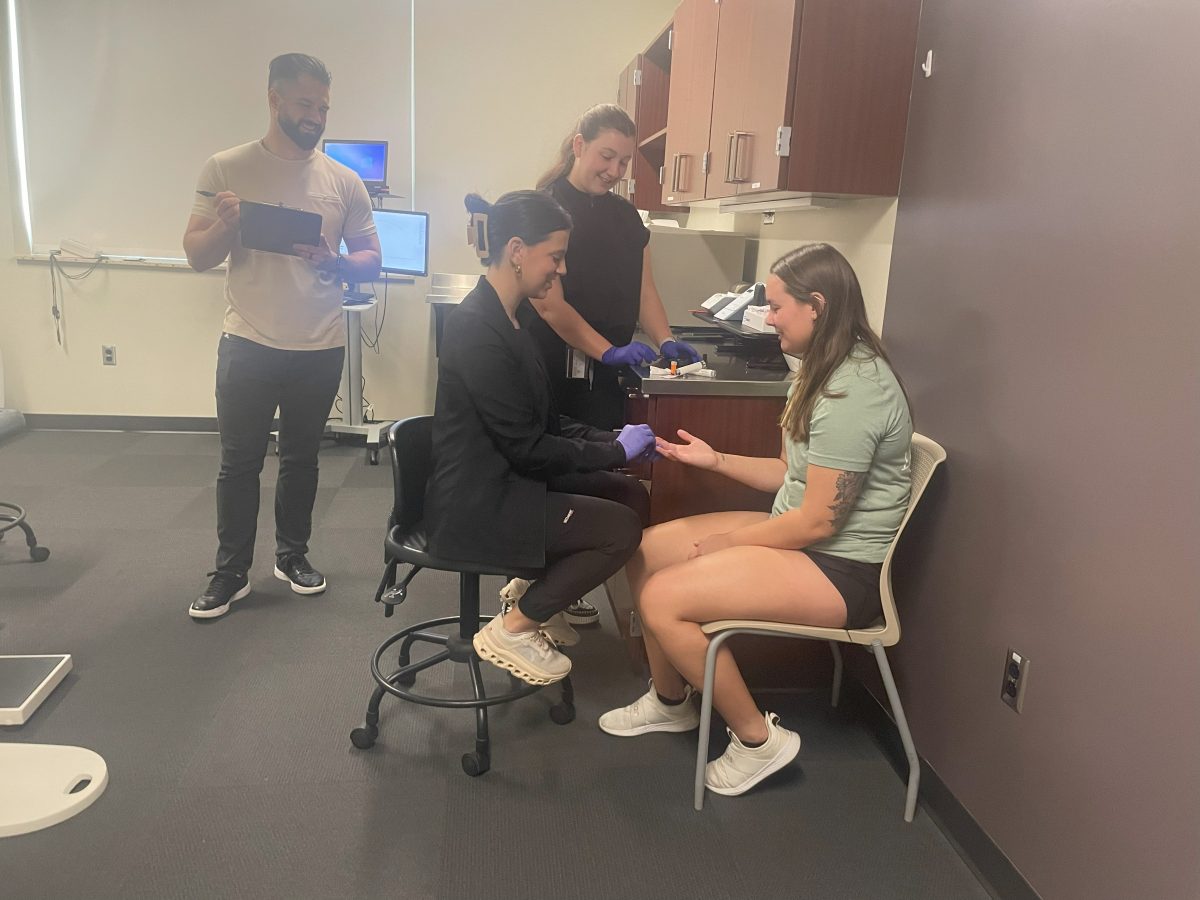Dr. Austin Graybeal and his infometric lab are currently working on decreasing the gap between patients and healthcare providers to promote better access to healthcare. The team plans to do it by using remote technologies that can provide the patients and the healthcare providers with information about the patient’s health.
The technology that Graybeal’s lab is working on will let healthcare providers have access to patients’ medical data without having to be in the same location. Graybeal and his team have been working on being able to use mobile technology to study a patient’s body composition by using cell phones.
If the research is successful, all a patient would have to do would be taking pictures of their body on their smartphone to be able to access their body composition data. That would then be turned into a three-dimensional avatar, which will be backed by DEXA, a research-grade body composition device. DEXA will then be able to predict body composition data. The technology is also being developed to use blood markers to help predict overall metabolic health status.
The app developed for the project will notify the healthcare provider if anything irregular is seen and an actual screening can be set up after that. This technology would work more for preventative healthcare than for treatment.
Since the app reduces the number of appointments a patient would have to book, this would make healthcare more affordable and would help catch diseases at an early stage. Having access to this data would also encourage patients to make necessary lifestyle changes by giving them motivation to do something about their health and providing real-time data about their health. Some of such data could include information about diabetes and cholesterol risk assessment.
When asked about the realistic application of the technology for now, Graybeal says, “Although it wouldn’t be able to necessarily determine whether or not somebody was hyperglycemic or had diabetes, it could at least tell you that you are at risk or that you are trending towards having diabetes at a later life stage.”
Graybeal explained that the app can also be useful for people who cannot afford healthcare at all. While they would not have a healthcare provider who would analyze their data for them, they could look at their own data and make necessary lifestyle changes that would prevent a condition from progressing further. Graybeal also explained that the remote technologies that are being tested at his lab right now are as accurate as traditional methods of studying body composition.
Some other applications that the application could have would be for gymnasiums and other health clubs to partner with healthcare providers to provide the body composition survey to the patrons. This application would also be important to athletes who would have a higher risk of osteoporosis.
The lab is currently looking for more students who can participate in the study. Any student who participates in the first study will be rewarded a $25 Amazon gift card. Any student who wants to participate in the study can reach Graybeal at [email protected].

























